

Max Lab > Lab Test in Ambala > Lab Test in Gadhauli > MRD-ALL Panel
₹ 12500
10% OFF for Senior Citizens | USE CODE SS10 *
@3x.png) Description
Description
Minimal residual disease is defined as the small number of cancer cells that remain in the body after cancer treatment. Measurable or minimal residual disease (MRD) testing is used to observe whether the cancer treatment is working fine or not. It also helps to plan further treatment plans. MRD test in Gadhauli, Ambalaing is mainly used in blood cancers, such as leukaemia, lymphoma, and myeloma. MRD test in Gadhauli, Ambala for acute leukaemia is the strongest independent prognostic predictor. Also, for the treatment of adult and paediatric acute lymphocytic leukaemia (ALL), MRD test in Gadhauli, Ambalaing is a part of routine test in Gadhauli, Ambalaing. Additionally, in relapsed settings of multiple myeloma, MRD test in Gadhauli, Ambalaing is a predictor of survival outcomes. The standard procedure of the MRD test in Gadhauli, Ambala is to assess the number of myeloma cells in a bone marrow sample using techniques like genetic sequence analysis, next-generation sequencing and flow cytometry: next-generation flow.
MRD test in Gadhauli, Ambala is done to find any remaining cancer cells that may be left in small numbers. MRD lab test in Gadhauli, Ambalas use sensitive methods which can find even a single cancer cell in 1 million healthy cells. MRD blood test in Gadhauli, Ambalas include methods such as polymerase chain reaction (PCR), multiparametric flow cytometry, and next-generation sequencing (NGS). Such test in Gadhauli, Ambalas are used after initial treatments for blood cancers like multiple myeloma. It helps to observe how well a person’s body is responding to treatment, if the person is in full remission, and to check if remission is stable or not or if there is any recurrence.
MRD test in Gadhauli, Ambala results can affect a person’s treatment by helping in making treatment decisions and improving patient outcomes as it helps in:
@3x.png) Description
Description
Minimal residual disease is defined as the small number of cancer cells that remain in the body after cancer treatment. Measurable or minimal residual disease (MRD) testing is used to observe whether the cancer treatment is working fine or not. It also helps to plan further treatment plans. MRD test in Gadhauli, Ambalaing is mainly used in blood cancers, such as leukaemia, lymphoma, and myeloma. MRD test in Gadhauli, Ambala for acute leukaemia is the strongest independent prognostic predictor. Also, for the treatment of adult and paediatric acute lymphocytic leukaemia (ALL), MRD test in Gadhauli, Ambalaing is a part of routine test in Gadhauli, Ambalaing. Additionally, in relapsed settings of multiple myeloma, MRD test in Gadhauli, Ambalaing is a predictor of survival outcomes. The standard procedure of the MRD test in Gadhauli, Ambala is to assess the number of myeloma cells in a bone marrow sample using techniques like genetic sequence analysis, next-generation sequencing and flow cytometry: next-generation flow.
MRD test in Gadhauli, Ambala is done to find any remaining cancer cells that may be left in small numbers. MRD lab test in Gadhauli, Ambalas use sensitive methods which can find even a single cancer cell in 1 million healthy cells. MRD blood test in Gadhauli, Ambalas include methods such as polymerase chain reaction (PCR), multiparametric flow cytometry, and next-generation sequencing (NGS). Such test in Gadhauli, Ambalas are used after initial treatments for blood cancers like multiple myeloma. It helps to observe how well a person’s body is responding to treatment, if the person is in full remission, and to check if remission is stable or not or if there is any recurrence.
MRD test in Gadhauli, Ambala results can affect a person’s treatment by helping in making treatment decisions and improving patient outcomes as it helps in:
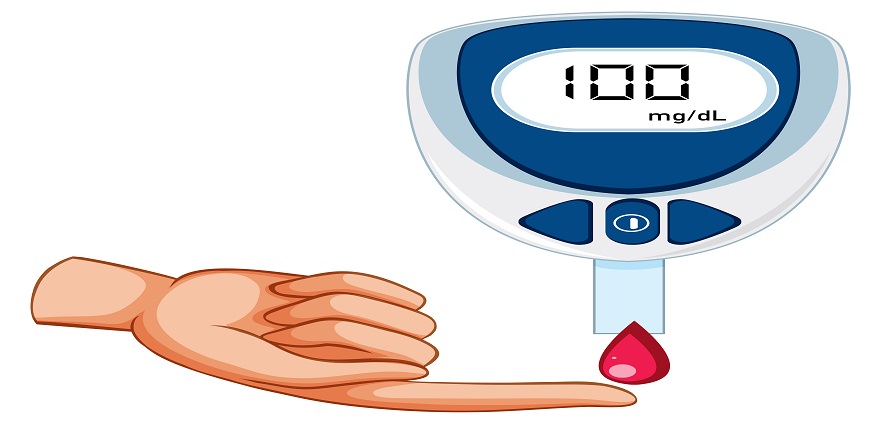
A test to determine blood sugar levels is a crucial part of a diabetes care p...Read More
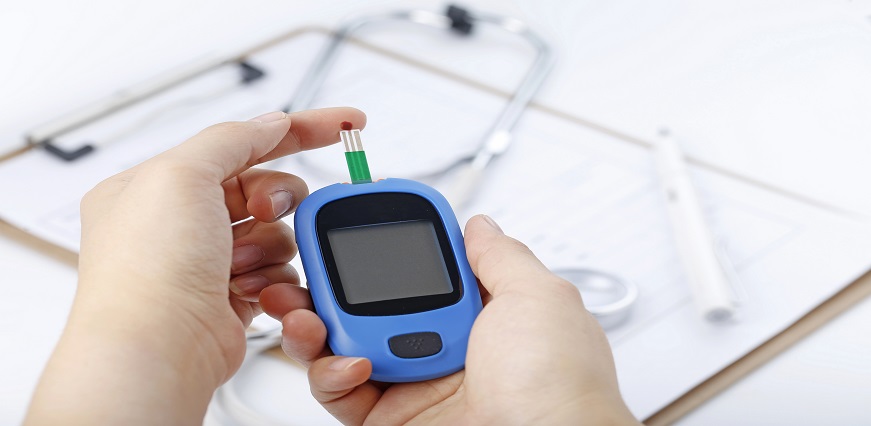
Random blood sugar is a test that is performed for measuring the amount of gl...Read More
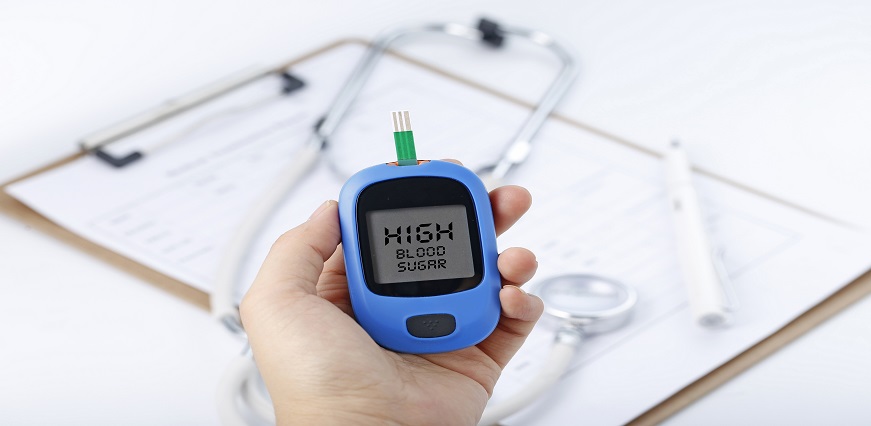
When you fast, your body doesn’t have any glucose to use for energy. So...Read More

The human body utilises glucose to perform various functions. Several blood t...Read More
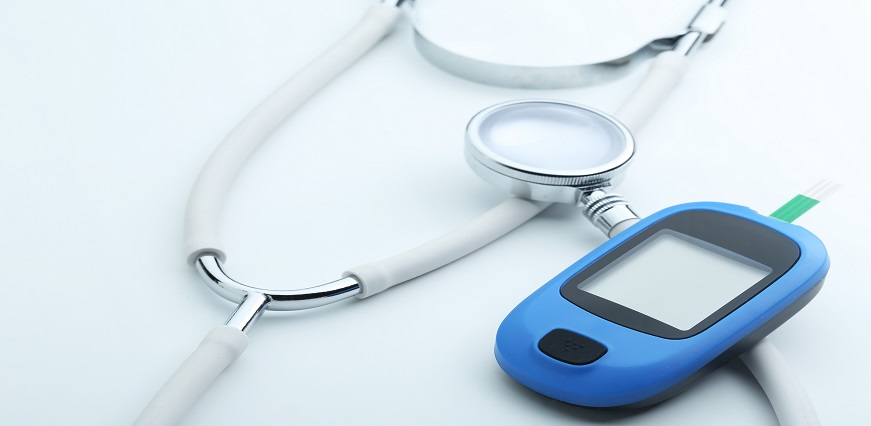
Maintaining a normal blood sugar level is essential for individuals in all ag...Read More

Glucose is the main type of sugar found in the blood, which circulates throug...Read More
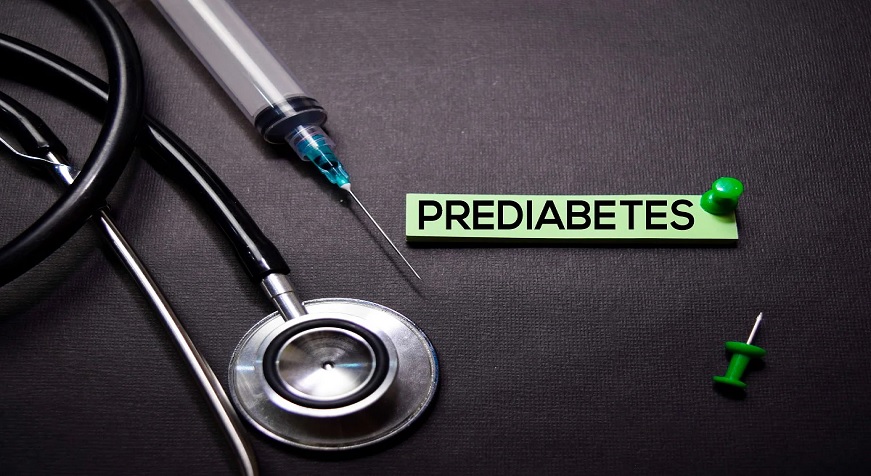
Prediabetes, also known as borderline diabetes. acts a precursor to type 2 di...Read More

Are you experiencing frequent episodes of fatigue, dizziness or blurred visio...Read More

Whether you're curious about your blood sugar levels, have concerns about...Read More

Blood glucose testing is an essential tool in managing diabetes and understan...Read More

As winter approaches in most areas of the country, it's a time when every...Read More
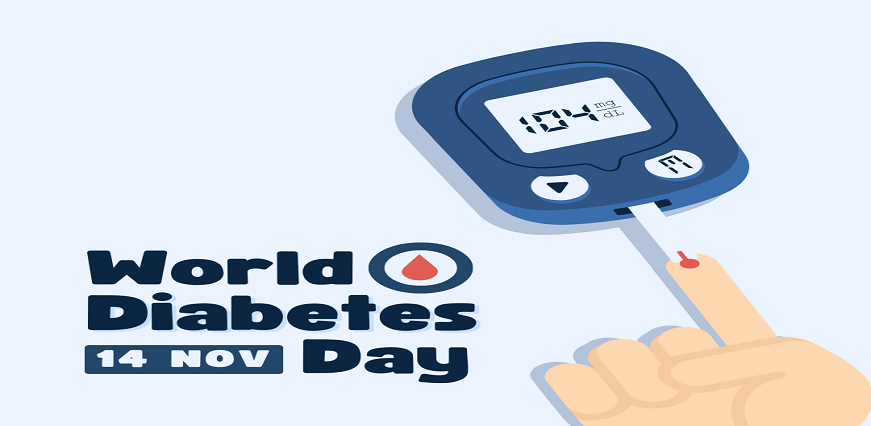
November 14 marks a significant day on the calendar: World Diabetes Day. As w...Read More